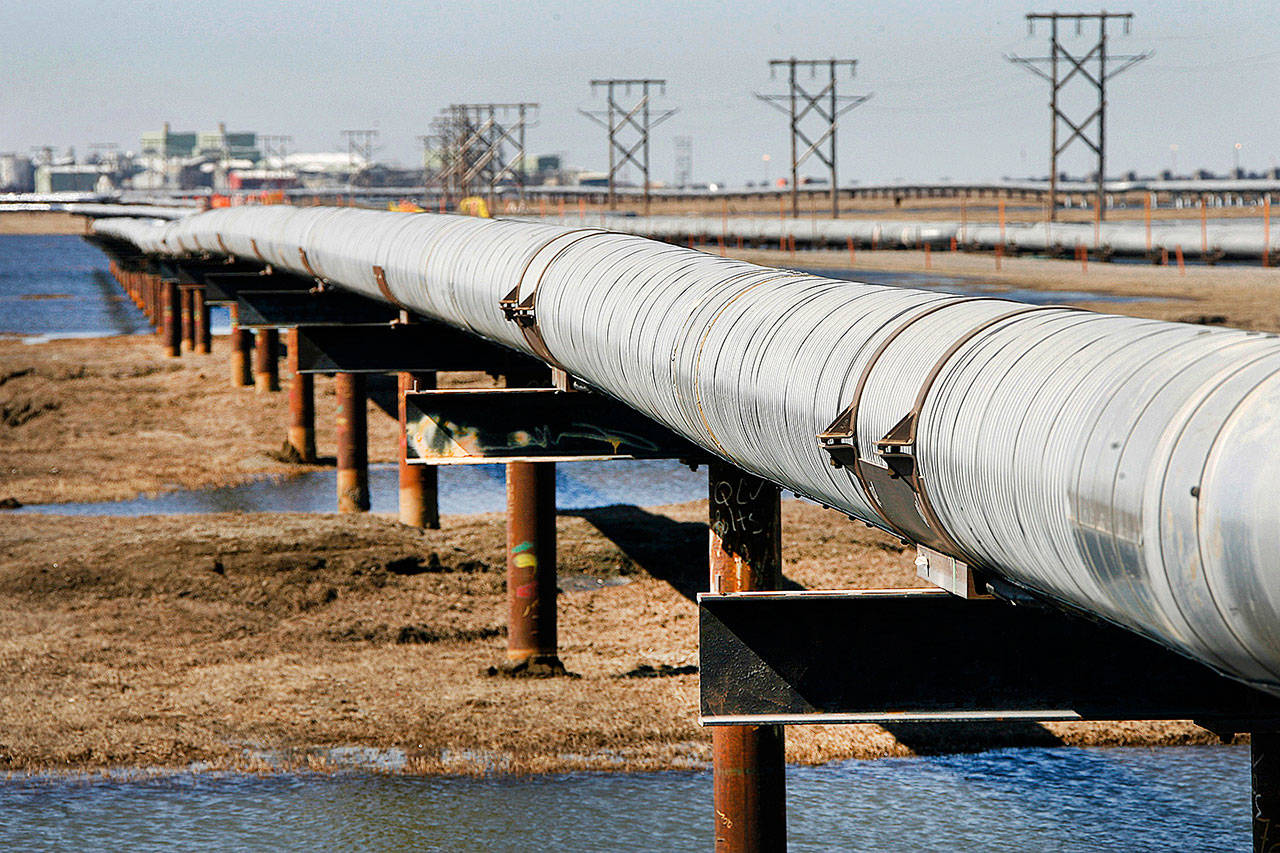Recently, several public opinion messages and campaigns have voiced concerns about the mining industry here in Alaska. It seems that much of the angst is based on either a perceived favorable bias of the regulatory system towards industry, a bias against natural resource extraction in general, or a zero-sum game view that says you must “trade one resource for another,” which precludes the possibility of success for more than one resource.
I am grateful this attitude has not defined Alaska’s journey, and I pray it will not define our path forward. I believe Alaska is on the verge of the greatest resource production renaissance in the history of our state and it will only be realized if we come together as one. All resource extraction industries have struggled to overcome enormous obstacles in this last frontier and have evolved into more accountable and effective stewards of our environment, providing excellent jobs for our people.
Alaska is a paragon for the world because of our long history of the mining and oil and gas industries coexisting with fisheries, wildlife and other habitat users. In Cook Inlet, oil and gas exploration, development and production have existed alongside a significant commercial and sport fishing industry for nearly 70 years. Mining and commercial salmon fishing have coexisted in the waters of Southeast Alaska for generations. And the North Slope oil and gas industry has demonstrated to the world that polar bears, caribou and other wildlife can thrive alongside one of the world’s largest oil producing basins. We understand that the land and the sea make up one Alaska.
There is no question that the mining practices of the late 1800s and early 1900s were hard on the laborers and the environment. The commercial fishing industry certainly had its dark moments in the history of our state and was one of the prime motivators for statehood. And certainly, the oil and gas industry has made mistakes. Yet we all know that much has changed with these modern industries. Today, you can’t find better regulated, higher performing resource extraction industries anywhere in the world. Alaskans decided to move forward.
I have been commercial salmon fishing in the waters of Bristol Bay and Cook Inlet for nearly 50 years. I remember listening to my father and others from his generation talk with pride about the honor of being able to participate in the rhythm and cycle of this harvest. It was a family business. We were focused and “all-in” physically and emotionally. We enjoyed success and failure, exhaustion and exhilaration — together.
I was never a miner, but I have dear friends who have devoted their whole lives to this industry. One recently told me a story of his late father emerging from a mine at the end of a hard day, his face dark with dirt and sweat, a hard hat with an attached light on his head. He said, “the grimace on my dad’s face would break into a smile when he would see us. We were always waiting for him at day’s end. Mining was our family, our life.”
The roustabout crews from the oil derricks in Cook Inlet to the drill pads of the Slope are no different. They live, work, and die as a family. These vocations all have inherent risks, and we Alaskans accept and learn from them. We keep moving forward, no matter what.
Today our state University has powerfully connected education to jobs through robust fisheries, mining, and petroleum engineering programs because these industries have a great future in Alaska and need a highly skilled workforce.
The incorporation of strong public input into our industry permitting processes and considerable regulatory oversight is a good thing. It is true we have well-founded concerns about local impacts and the need for safe, responsible development of our resources. But I think it is fair to say that most Alaskans want to see mining, fishing and other resource extraction industries be well-regulated and flourish in our state.
Alaska has consistently had a higher unemployment rate than the national average since 2013. Within Alaska, unemployment is highest in rural areas, which have limited economic opportunities and year-round employment is almost nonexistent. Mines produce high-paying jobs without question and a sense of self-sufficiency in areas long deprived of careers that can offer multigenerational prosperity.
No one industry could have brought us to the point where we have the capacity to energize, feed and enrich far more than just our own people. If we each are willing to support opportunity, self-sufficiency and purpose’s expansion outside of our own interest, there is no limit to how bright our future will be. Our families and future generations will be the beneficiaries.
Chuck Kopp is serving his second term as State House Representative for District 24 and is Chair of the House Rules Committee.
• BY REP. CHUCK KOPP

